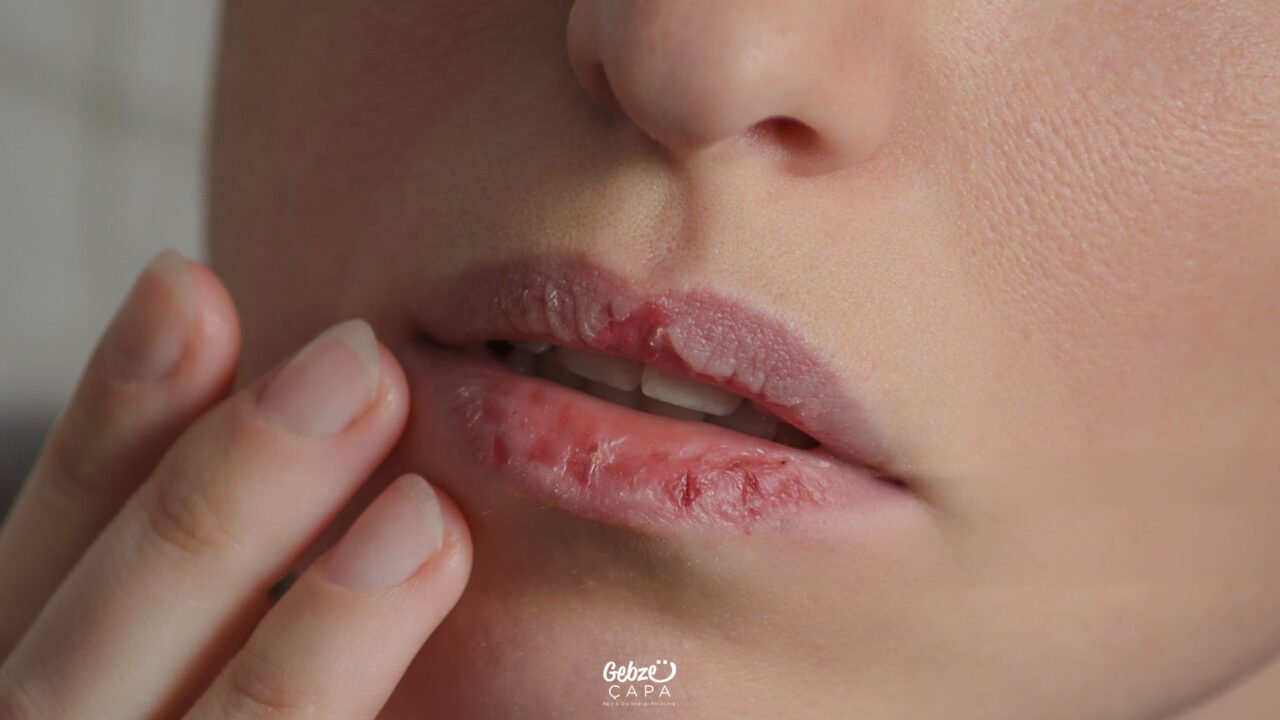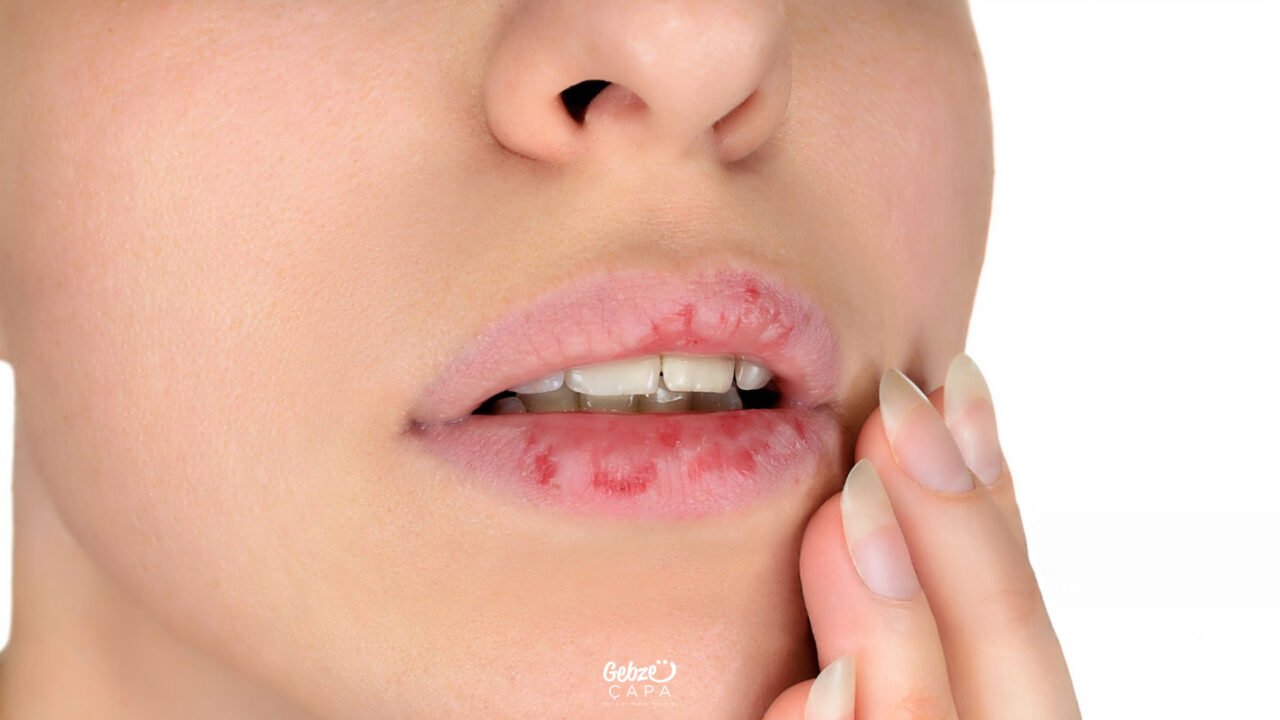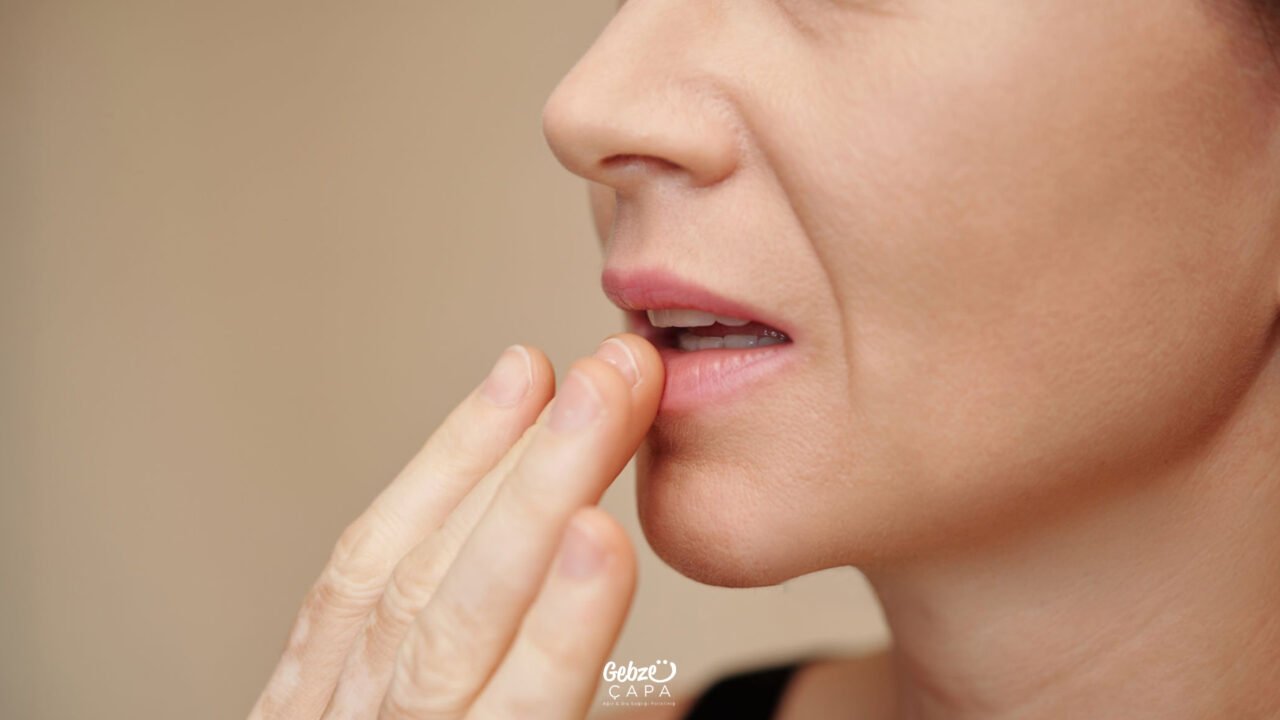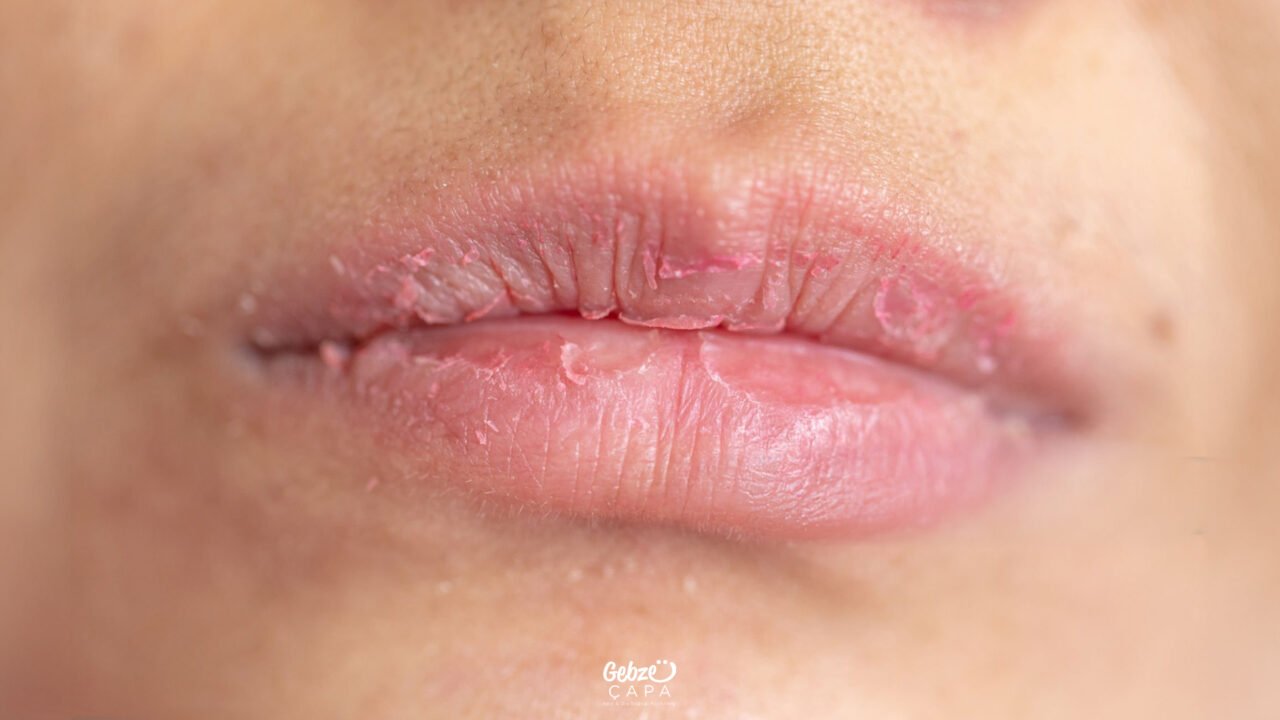Causes of Dry Mouth
Dry mouth, medically known as “xerostomia,” is a much more common condition than one might think. You might notice a dry mouth at any time of day, especially when you wake up in the morning, or you might find it difficult to talk or eat. Sometimes it’s only a short-term condition—for example, due to dehydration, excessive caffeine consumption, or stress—but if this dryness persists, your body may be trying to tell you something.
Dry mouth isn’t just an uncomfortable sensation; it’s a problem that directly affects oral health. Saliva not only keeps the mouth moist, it also protects teeth from cavities, initiates the first step of digestion, and maintains a balanced oral flora. Therefore, decreased saliva production can negatively impact both comfort and overall oral and dental health.
What is Dry Mouth?
Simply put, dry mouth is a condition in which the mouth loses moisture due to the inadequate function of the salivary glands. Normally, saliva plays a much more important role than we realize: it not only keeps the mouth moist, but also makes swallowing easier, protects teeth from cavities, balances oral bacteria, and even makes speaking easier.
However, when saliva production decreases, a variety of discomforts can occur, including dry mouth, a burning sensation, taste changes, and bad breath. And this isn’t just a matter of discomfort; prolonged dry mouth can negatively impact dental health and lead to a host of problems, from tooth decay to oral infections.

What are the Symptoms of Dry Mouth?
While dry mouth is often thought of simply as a “feeling of thirst,” it actually means much more. When saliva production decreases, the balance in the mouth is disrupted, and this manifests itself in various ways. If you experience several of the following symptoms, it’s likely due to a true lack of saliva, not a temporary thirst.
The most obvious symptom is a constant desire to drink water. No matter how much water you drink, you feel like your mouth isn’t moistening properly. Your tongue may become dry, rough, or sticky; sometimes, it may even feel like it’s sticking to the roof of your mouth. Your lips can also frequently crack, peel, or stretch.
A burning or dry feeling in the throat is also a common symptom of dry mouth. People who experience dry mouth, especially at night, may experience a sore throat or difficulty swallowing in the morning. This can also affect speech; when saliva production decreases, you may experience a hoarse voice or notice that your tongue doesn’t turn when speaking.
Furthermore, when the protective effect of saliva decreases, bacteria in the mouth multiply more rapidly. This can lead to bad breath (halitosis). Long-term dry mouth can increase the risk of tooth decay, irritate the gums, and cause mouth sores. Especially for people who wear dentures, the friction between the dentures and the mouth can cause painful sores or irritation.
What Causes Dry Mouth?
Not Drinking Enough Water
The simplest and most common cause of dry mouth is not drinking enough water. Our body is largely made up of water, and dehydration is readily apparent. When the salivary glands don’t get enough fluids, they naturally produce less saliva. Not drinking enough water throughout the day can cause a dry mouth, especially in hot weather or after intense exercise.
Side Effects of Medications
Many medications can unknowingly reduce saliva production. Antidepressants, allergy medications (antihistamines), high blood pressure medications, diuretics, and muscle relaxants have this effect. These medications can alter fluid balance in the body or affect the nervous system, causing the salivary glands to function less effectively. If you experience dry mouth after taking a medication, you should definitely consult your doctor before stopping the medication on your own.
Stress and Anxiety
Stress, an inevitable part of modern life, directly affects not only our mental but also our physical health. Under intense stress, the body shifts into “fight or flight” mode, leading to decreased saliva production. Furthermore, people experiencing anxiety often tend to breathe through their mouths, which exacerbates dryness. Long-term stress can unknowingly lead to chronic dry mouth.

Mouth Breathing Habit
Conditions such as nasal congestion, allergies, sinusitis, or snoring force a person to breathe through the mouth. Mouth breathing rapidly reduces moisture in the mouth because it is exposed to direct airflow. People who sleep with their mouths open, especially throughout the night, may experience a dry and burning sensation in their throat when they wake up in the morning.
Smoking and Alcohol Use
Tobacco products slow down the function of the salivary glands and damage oral tissues. Smokers not only reduce saliva production but also dry out oral tissues. Alcohol, with its diuretic effect, increases water excretion from the body and dries out the mucous membranes. Regular smoking or alcohol use can cause dry mouth to become permanent.
Diabetes
Unstable blood sugar levels affect the body’s fluid balance. High blood sugar leads to excess water excretion in the urine, which creates a feeling of dryness in the mouth. This is often the reason why people with diabetes often crave water. Dry mouth can sometimes be a sign that diabetes is not under control.
Cancer Treatments (Radiation and Chemotherapy)
Radiation therapy administered to the head and neck region can damage the salivary glands and lead to a permanent decrease in saliva production. Chemotherapy, on the other hand, usually temporarily reduces saliva production. Therefore, many people undergoing cancer treatment experience dry mouth during treatment.
Aging
As with many other systems in the body, the salivary glands slow down with age. Furthermore, the frequent use of multiple medications by older adults exacerbates dry mouth. This not only reduces oral comfort in older adults but also increases the risk of cavities and oral infections.

What’s Good for Dry Mouth?
When you experience dry mouth, your first desire is to immediately relieve that uncomfortable feeling—after all, a dry mouth can make talking, eating, and even breathing difficult. Fortunately, some natural remedies you can try at home can help alleviate this condition.
Aloe vera juice is one of the most natural remedies for soothing oral tissues and maintaining moisture balance. Regularly drinking small amounts of aloe vera juice or swishing it around your mouth helps regenerate mucous membranes and reduces dryness.
Gargling with olive oil is also a highly effective method. Olive oil creates a protective layer of moisture in the mouth, reducing the discomfort caused by dryness. It’s both natural and readily available.
Another soothing remedy is warm chamomile tea. Chamomile is known for its soothing and moisturizing properties. Drinking a cup of chamomile tea throughout the day or rinsing it with a mouthwash after it has cooled can soothe the mouth.


